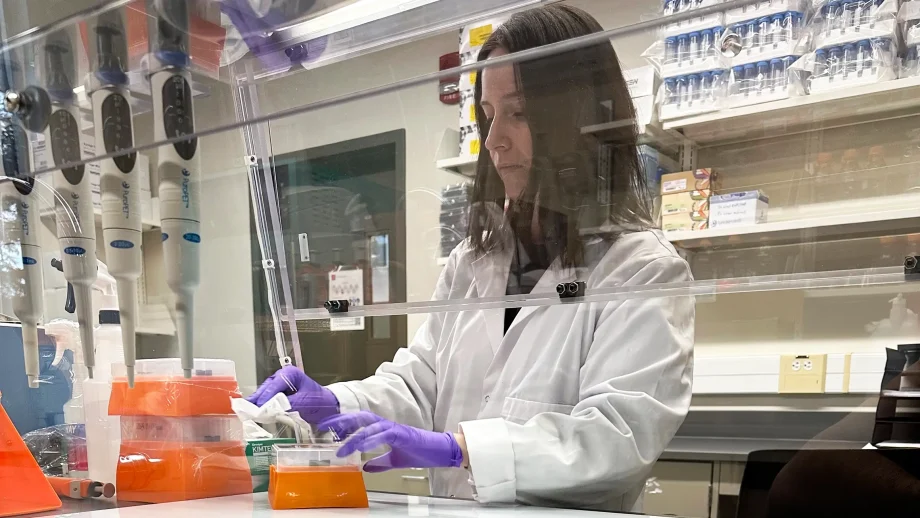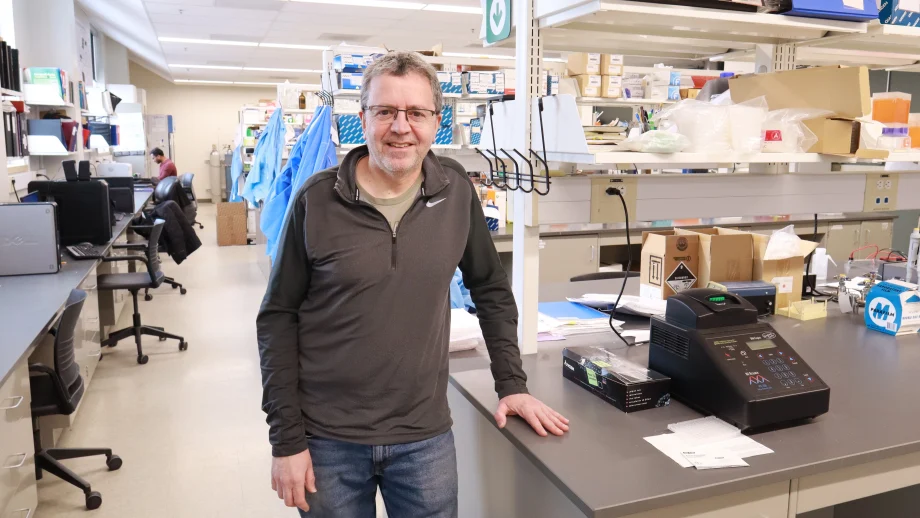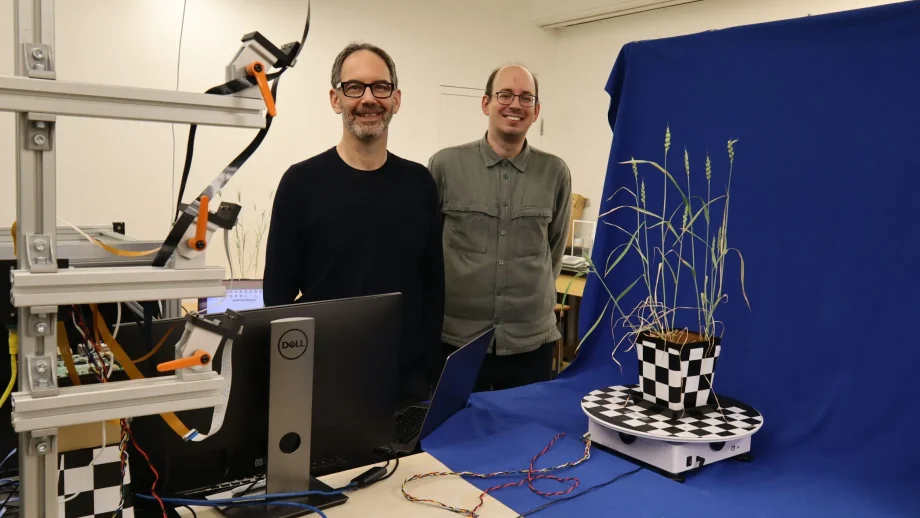RESEARCH AND PROGRAMS AT WORK: Gupta Faculty of Kinesiology and Applied Health
UNITED Health & RecPlex – June 2014
GREAT-WEST LIFE HEALTHY CAMPUS AND RESEARCH CENTRE
Heads Up Concussion Institute
The Heads Up Concussion Institute was established in 2012 with three pillars of action – Prevention, Management and Research of concussions. The Institute is active in prevention through education including many seminars and speaking engagements in the community. Our faculty members speak to schools, sports teams, teachers, coaches, athletes, officials, administrators, parents, and medical professionals.
The management of concussion occurs in collaboration with The University of Winnipeg Athletic Therapy Clinic. The clinic is staffed with Medical Physicians and Athletic Therapists experienced in the diagnosis and treatment of concussions and associated injuries such as injuries to the neck as well as the appropriate return to sport protocols.
The Heads Up Institute has access to research space in the Great-West Life Healthy Campus and Research Centre within the RecPlex. The goal is to equip the space to conduct baseline and post-concussion testing including cognition, balance, agility, reaction time, visual acuity, and physiological response to exercise among others. The Heads Up Concussion Institute is currently collaborating on a grant proposal with the University of Quebec Trois Rivieres on a major conference regarding concussions in children scheduled for the winter of 2015. The Institute is also participating in a Canada-wide clinical trial of Brain Fx 360, a computerized concussion assessment tool. This made-in-Canada assessment tool will allow researchers to collect and compare data to determine the severity of a concussion and help inform return to learn and return to play protocols. These trials are being coordinated by Western University. Over the next year, UWinnipeg researchers will track a minimum of 60 youth aged 14 to 24, half of whom have concussion symptoms and half who have none, to rate performance levels in a series of mental and physical exercises. Visit: http://www.uwinnipeg.ca/index/heads-up-institute Lead: Glen Bergeron g.bergeron@uwinnipeg.ca
UWinnipeg Sun Life Diabetes Awareness and Education Program
The incidence of diabetes among Manitoba children occurs at a rate of over seven per 1,000 — making the disease a serious public health issue. A team of UWinnipeg researchers began working with 21 inner city youth in October 2013, observing students’ nutritional choices, physical fitness levels, and their amount and vigour of physical activity during certain program sessions.
The eight-week Sun Life Diabetes Awareness and Education program brought youth to UWinnipeg twice a week to learn about diabetes, as well as healthy eating and active living – both key to preventing this disease. Our first study measured student physical activity during several types of games. This will help teachers understand how much activity children are actually getting. The education and diabetes prevention program for inner city youth will continue through 2014-2015.
The Global Summit on Physical Activity in Children (an international conference held in May 2014 in Toronto) accepted two of UWinnipeg’s research abstracts for presentation and publication in the Journal of Physical Activity and Health Research team: Nathan Hall, Rob Pryce, Gerren McDonald, Jacqueline Hay, Danielle Bouchard
MORE RESEARCH UNDERWAY
Physical activity programming for individuals experiencing homelessness
There are many factors that may lead to a state of homelessness. A potential outlet – one that has not received very much attention, but shows some promise – is involvement in sport and physical activity. The purpose is to examine if psychosocial factors of those experiencing homelessness (attitude, intention, mood and self-esteem) are affected after engaging in group physical activities and education. A previous study asked participants about their involvement in physical activity in the past and it was found that group activities and knowledge about physical activity were both absent and desired by this population. Team: Melanie Gregg (m.gregg@uwinnipeg.ca) and Andrea Bedard (a.bedard@uwinnipeg.ca)
Clinical Biomechanics
In conjunction with a local paramedic, we are examining patient movement and comfort during spinal immobilization (i.e. when someone is placed on a ‘back board’). This is important because patients often remain on backboards for long periods, however emergency care clinicians and researchers are just starting to examine how this might impact patient comfort and movement. In our first study (just completed) we developed an improved method for measuring this motion using miniature, wireless accelerometers. Our next studies will use this method to examine situations during pre-hospital care where movement/comfort might be negatively impacted, and ultimately, identify factors that could be modified to improve patient comfort/motion.
A second project on obesity biomechanics is underway – specifically, how changes to body shape (and weight) affect the forces on the low back and how individuals move/lift. Extra body weight often accumulates more in one area than another, affecting the forces on nearby joints. To study this we’re using a 3D-scanning system to capture 3D models of the human body – which we then use to quantify weight distribution and its effect on the low back. We’re in process of publishing two studies in peer-reviewed biomechanics and ergonomics journals. Over the summer 2014, we’ll be testing two different 3D-scanning systems. Scanner image. http://bit.ly/PYsDwT) Lead: Rob Pryce, r.pryce@uwinipegca.
Well-being for seniors/Healthy living for older adults
This long-running program (10+ years) was established by former UWinnipeg professor John Clake, and is offered by kinesiology faculty (Ben Trunzo), students and community members (Leo Berube).The goal of the program is to improve the quality of life, mobility and independence for older adults using physical activity. The program runs twice per year for 14 weeks and has between 14 and 20 individuals enrolled each time. All participants receive a fitness evaluation at the start and end of the program, and sessions are progressed according to each individual’s abilities. In addition to the expertise provided by kinesiology faculty members, a unique aspect is the involvement of kinesiology students, greatly beneficial to both the participants and students. Contact: Ben Trunzo (b.trunzo@uwinnipeg.ca)




